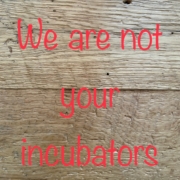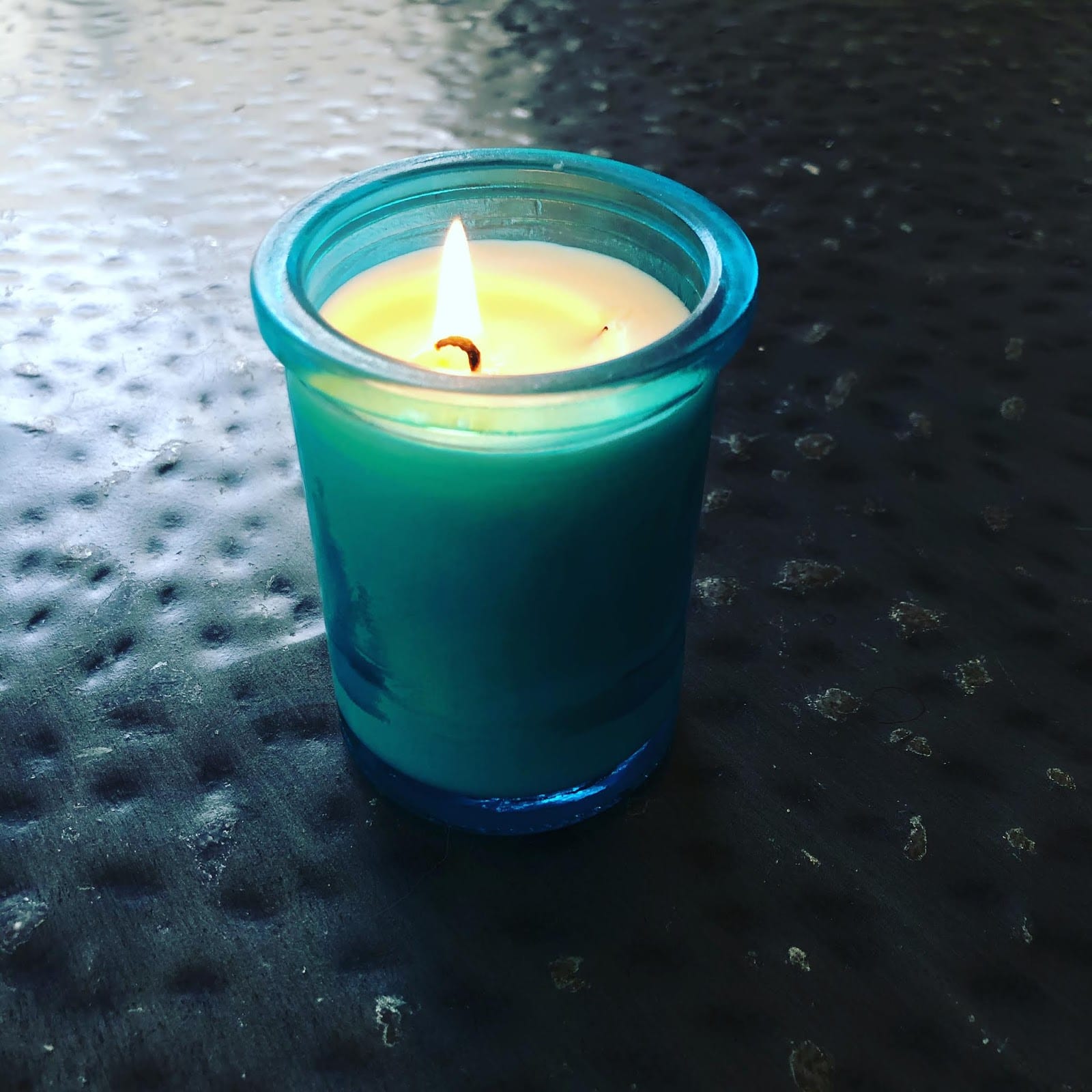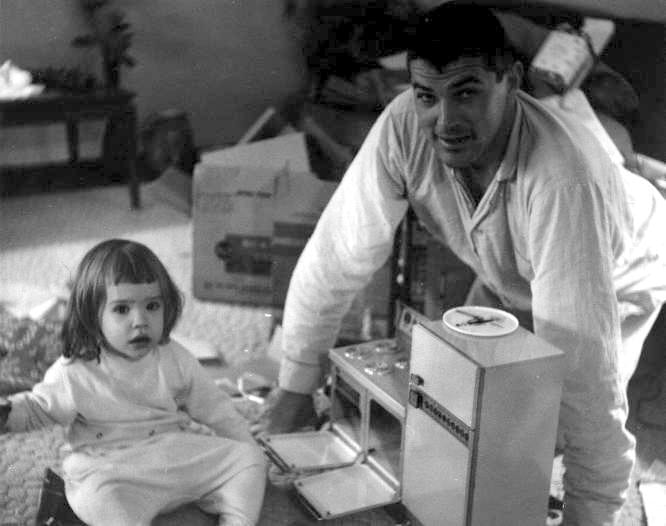We know about biorhythms – the idea that human beings have certain cycles they go through that affect wellness and health. Circadian rhythms dictate when our bodies release hormones to help us sleep (melatonin) and wake up (cortisol). Other cycles include menstrual cycles and control fertility and reproduction. We know that our biology and physiology are affected by the rhythms of nature as well – mood and energy are affected by the number of hours of sunlight in the day, and for people who live in the extreme parts of the planet where there are endless days of light and then later, endless days of darkness, it is well-documented how their moods and productivity are affected. Similarly, people who work the “night shift” or graveyard shifts often have a difficult time synchronizing their sleep/wake patterns and can suffer from depression or anxiety and develop sleep disorders.
School-aged children have rhythms for their school “year,” at least in the United States, where they can expect to be in classes nine months of the year and then have summers off. We have decided that a work week ought to be five days on, two days off (if you’re lucky – many people with more than one job or who are engaging in work that requires overnight or weekend shifts don’t often get that cycle). In the case of summer, it is widely acknowledged that this began because of the agrarian cycle – that is, that families needed children home during the biggest growth and harvesting time of the year so that they could pitch in and get the work done. Now that our society is increasingly not driven by agriculture, there is a push to eliminate this and have school run throughout the year, and I have to say, conceptually, that seems to make sense, but when I think about cycles and rhythms and nature, I wonder if it’s a really bad idea.
If human beings have biological cycles that are influenced by the natural world, such as circadian rhythms, and if when we push past or ignore those influences we tend to struggle, I think it makes sense that there are additional, natural cycles that make sense to adhere to as well.
As we are in Fall in the Northern Hemisphere right now, I’ve been thinking a lot about what it means to watch the plant life around me ready itself for a hibernation of sorts. I remember learning in my Plant Systematics class in college that it’s best to plant new trees in the early fall so that they will take root and then rest during the winter before “waking up” again in the Spring and starting to grow. It seemed counterintuitive to me, given that soon after planting, the leaves would fall away and the ground would become hard and cold. Wouldn’t it make more sense to plant them in the Spring when they are beginning to really burst forth with new growth? My professor said no way. Fall is the time when trees focus their energy on developing roots – just because we can’t see it happening doesn’t mean it isn’t. In the Spring, the tree’s energy is directed toward flowers and leaves and new branch growth, which doesn’t leave much for roots, and since roots are what the tree really needs to thrive, Fall is the time.
Several years ago, I became aware of a similar phenomenon in my own life. I have the privilege to work on my own schedule, and I noticed that there were distinct times when I would become less productive as a writer. I do much of my “writing” in my head, and that part was definitely still happening, the deep thinking and rumination, but as far as putting actual words on paper that resulted in coherent essays or book chapters, it wasn’t showing up. I got frustrated with myself and tried to disrupt my normal practices, forcing myself to sit in a chair and type words, figuring that I was being “lazy” or just not trying hard enough. Everything I wrote during those times was garbage.
Generally, about halfway through February, I found myself on fire with ideas – writing writing writing and producing pitches and essays and making headway on manuscripts. Whew! I was back. Until about October – when things died again. It took me a few cycles to figure this out – I wasn’t *not* working during this time, I was simply not producing visible results. Everything I thought about, scribbled little notes about, chewed on in my mind, during this fallow time somehow made its way in to my finished products in the late winter or following spring, like buds on a tree. Beating myself up during the time when I was working on roots wouldn’t change anything about the end result.
Our culture is so obsessed with progress. Goals. Continual growth. But the truth is, there is no such thing as constant growth where you surpass old milestones over and over again. Yes, trees get larger and larger, but they do that with a built-in fallow period, where they rest. We know that much of brain growth in humans occurs during sleep. To expect ourselves to be continually setting goals, working toward them, setting new ones, working toward those, setting more, working toward those, and only expect rest to happen at the end of our lives (retirement, for the folks lucky enough to afford it) is making us sick. The natural world knows that we need rest on a regular basis – that there are times when resting is actually in our own best interest if we want to stay healthy and keep growing. Education researchers know that giving kids time to sit with new ideas and incorporate them on their own after they’re introduced is important. Instead of packing class time full of content from beginning to end, kids process information better if they’re given opportunities to ruminate on new content, turn it over with classmates in discussion, let it rest.
All the signs point to the importance of rest and fallow states, both for physical and mental health, but our culture isn’t set up for that. We revere the folks who can survive on four hours of sleep, praise the kid who goes to school, plays sports, and has a part time job, and expect parents to work full time and then come home and help kids with homework, prepare meals, do laundry, drive to extracurricular activities, and volunteer for the PTA. The failure has come for us humans because we’ve centered the system and not the collective good. Centering the system is what leads us to ask questions about where we can impact “the economy” or why it’s dangerous to let our kids have the summer to play instead of looking for jobs that will look good on a college application or going abroad on a service trip (that will also look good on a college application). It means that the families who see their kids burning out and falling to pieces feel as though they have to find a way to help their kid do the “personal work” of assimilating to the system as opposed to listening to their own inner guidance that will tell them what they need (often, rest and a recalibration of their energy toward their passions and values).
But this centering of the system, where has it gotten us? Centering the system is also centering those who benefit from the system (often, white, male, capitalist, Western-ideals, individualism-as-paramount) and sacrificing the rest of the people to that system. This is how we end up with an increased suicide rate among adolescents, college sophomores declaring majors because they have to, not because they actually have spent the time cultivating their own ideas about what is important to them and what their true passions are. This is how we end up with mid-life crises where people who believed in and followed the system suddenly come to realize that their own satisfaction and well-being are not important in this schema.
So why center the system? Why buy in to it? Because we’ve been told that it will keep us safe. But we’re learning on a large scale that that was nonsense. Actively disrupting our own biological rhythms and imperatives, cycles of work and rest, the phenomenon of belonging and cooperation, has meant that we are divided and miserable, and burning our own planet. Our blind faith in the system (or desperate clinging to it as a life raft in the middle of a burning sea) leads us to ask questions like “how will we pay for universal health care” (centering the system) instead of asking ourselves whether or not we truly believe that each and every person deserves to be cared for (centering the collective).
When we as parents and educators of kids shut down conversations about disrupting the public education system for the good of all by saying “it’s too expensive” or “that is too hard” we are acknowledging our allegiance to the system and not to our children. Many of my personal heroes have been people who didn’t follow the “traditional” pathways, but who recognized their own worth and the value of connection to others and forged ahead. Those who followed them often did so because that message stirred something inside them – a longing to be like that, to find themselves rooted in and cared for by the community, not isolated by a competitive, capitalist, lone wolf system.
Our world is literally burning and flooding right now because we’ve centered the system (and the folks who benefit from it in the short term). We have some choices to make and I, for one, feel like listening to the kids. If we haven’t completely crushed their sense of wonder and curiosity and passion and desire to belong to something bigger than themselves, they will lead us.











